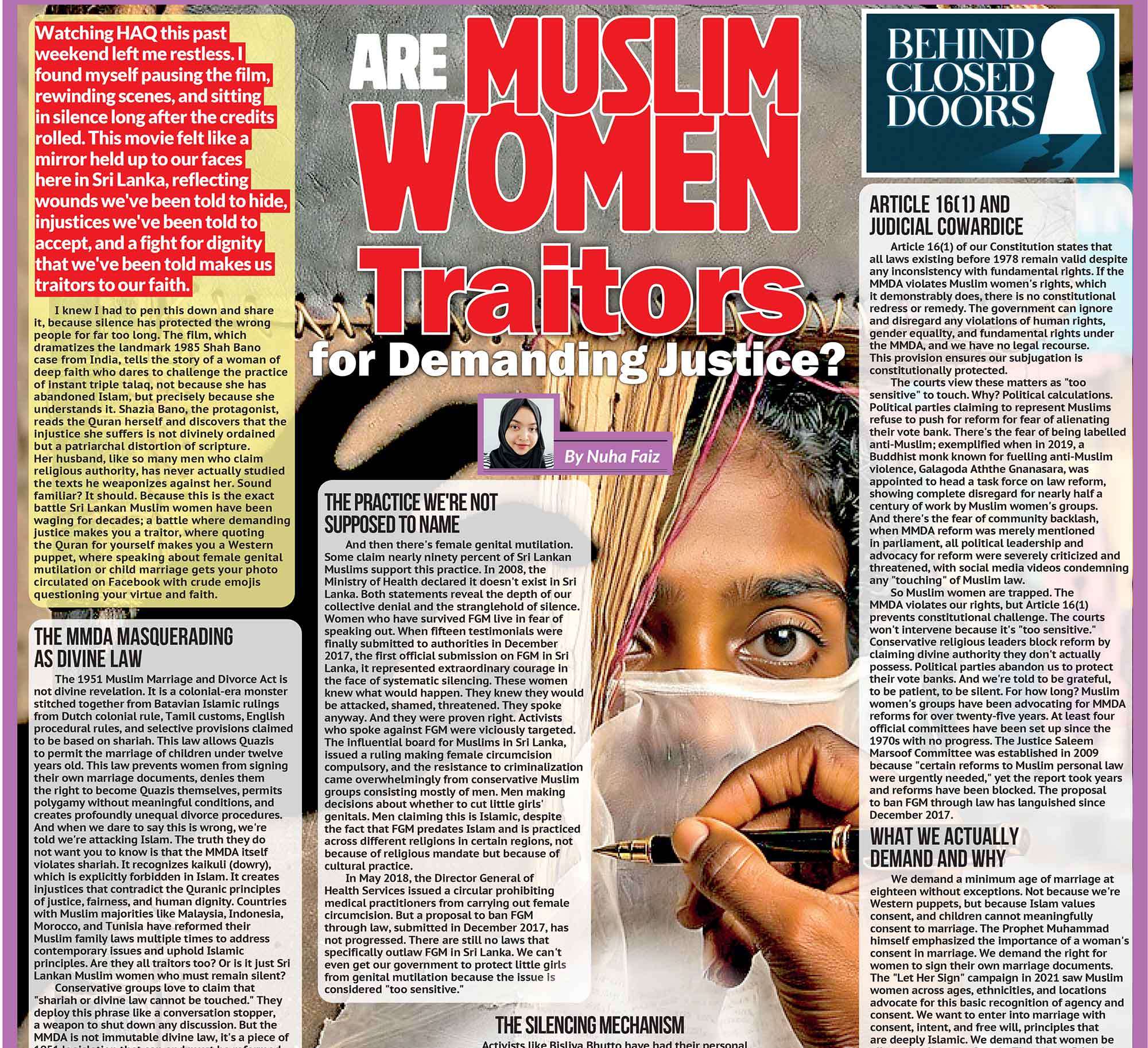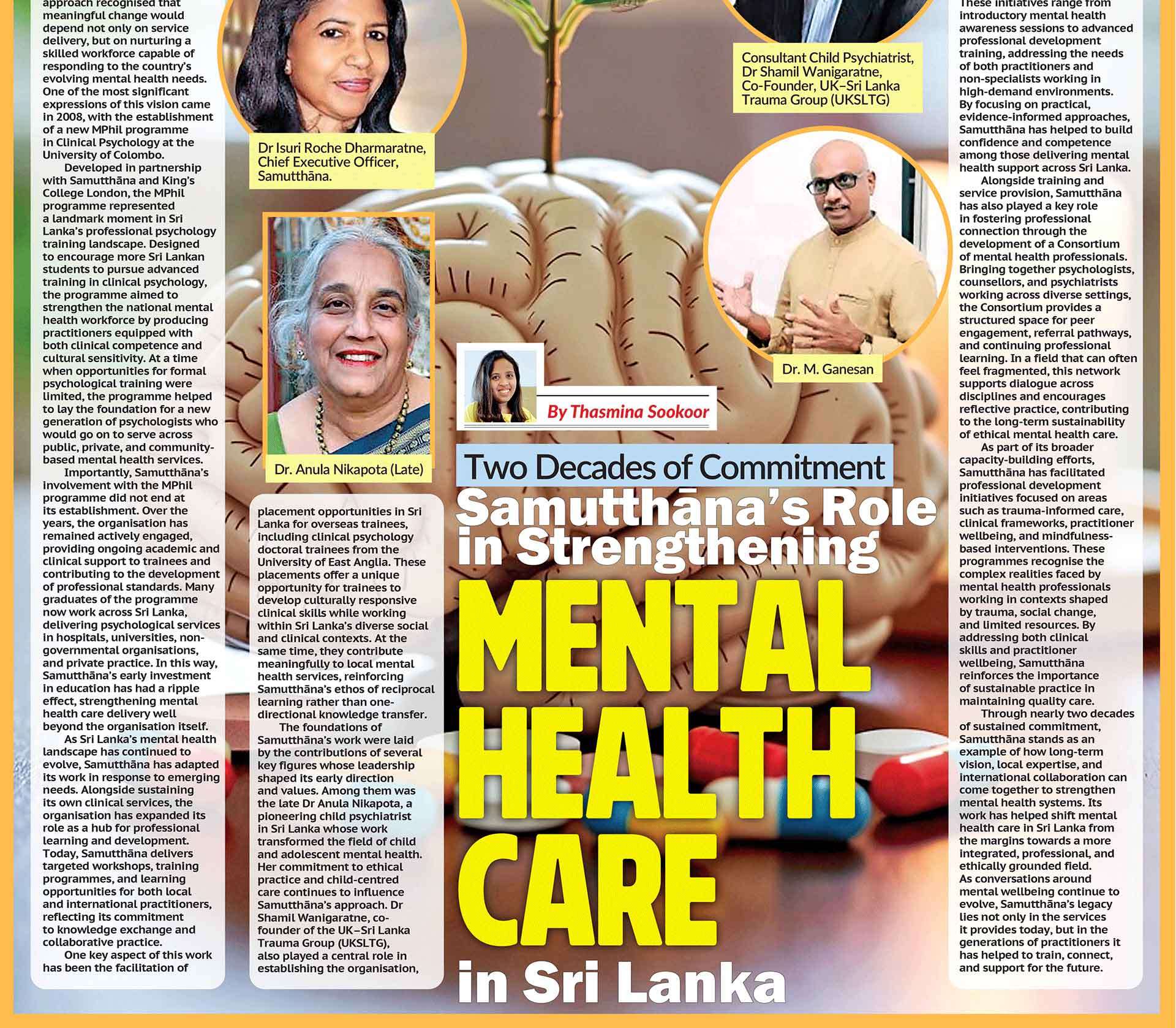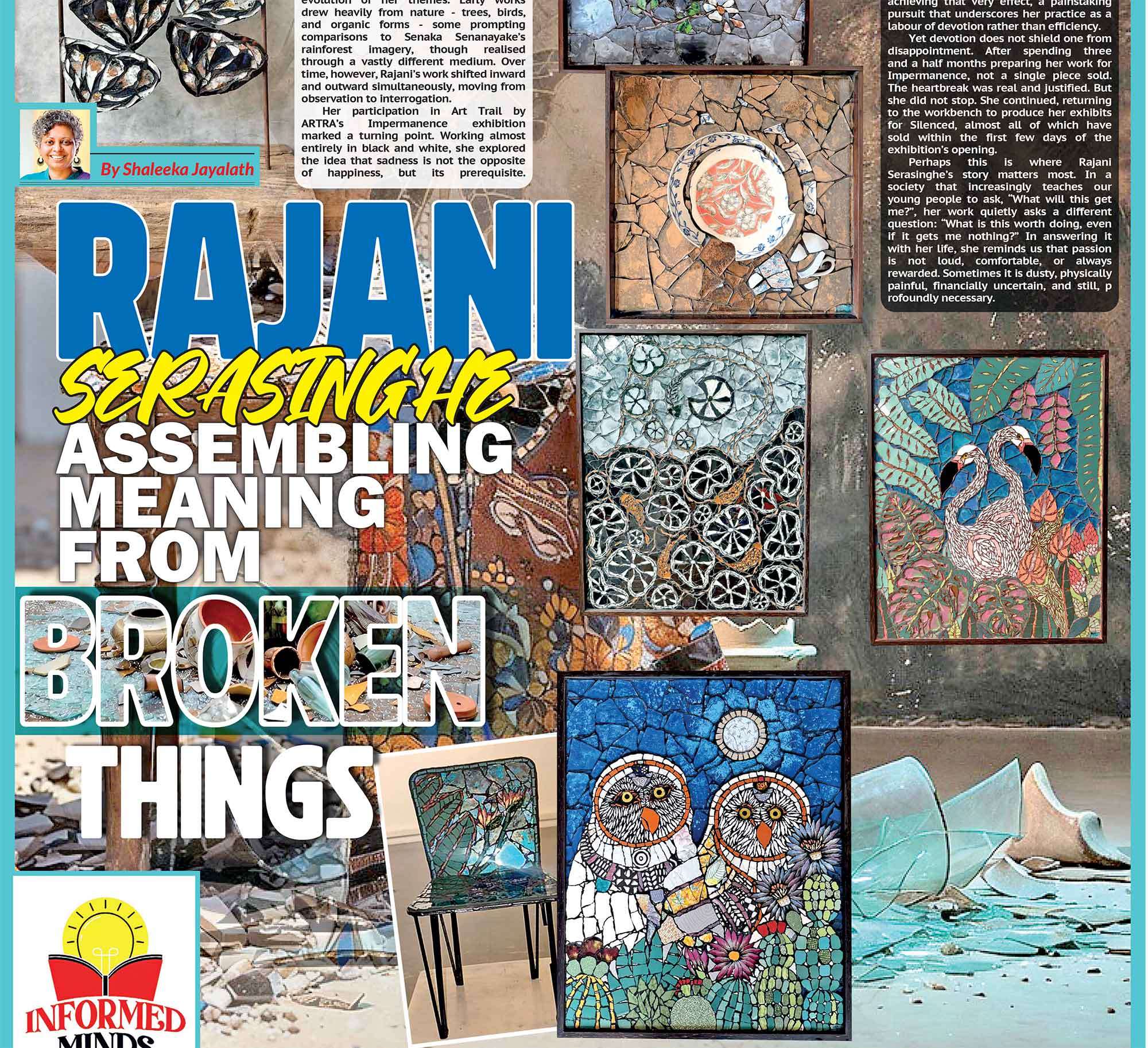
- Economic vulnerability is a major barrier for survivors, especially women. Many remain in abusive relationships simply because they lack independent income, job security, or support structures
Some wounds wear lipstick. Others hold coffee cups in trembling hands. Not all bruises are purple; some appear as silence in morning meetings, nervous laughter over missed deadlines, or the weight behind a smile that doesn’t quite reach the eyes. Domestic abuse is often believed to belong behind closed doors, confined to bedrooms and kitchens, but it doesn’t stop there. It wears a uniform, carries a work badge, and answers phone calls under pressure. It punches in with you and follows you to the copy machine. This is the quiet crisis of domestic abuse in the workplace; a ghost many organizations unknowingly employ.
01.The Shadow That Follows to Work
Workplaces are designed to be spaces of productivity, order, and professionalism. But for survivors of domestic abuse, work can feel like a tightrope strung between two lives; the professional face shown to colleagues and the private torment navigated in secret. It’s like living two parallel realities: one composed of spreadsheets and team meetings, the other of control, fear, and survival. The myth that abuse ends at home is just that, a myth. Abusers don’t clock out at 9 a.m. When survivors go to work, they are often followed by invisible chains: threatening messages, surprise visits, emotional manipulation, sabotage. An abuser might drain a partner’s energy through the night, then demand their paycheck in the morning.
Sometimes, the violence is physical. Sometimes, it’s psychological. But always strategic.
According to the Trade Union Congress (TUC), 75% of survivors report being harassed or abused while at work. Yet most workplaces are not trained to see the signs, let alone offer meaningful support.
02.Signs in the Silence: Reading Between the Lines
A battered heart doesn’t always bleed visibly. Domestic abuse often manifests subtly in the workplace. Consider the colleague who flinches at loud noises, who’s suddenly quiet in meetings, or whose performance dips without explanation. These aren’t signs of incompetence. These are flickers of distress hiding beneath professionalism.
Watch for:
Frequent lateness or unexplained absences
Unusual levels of anxiety or emotional distress
Reluctance to speak about home life
Bruises with vague or inconsistent explanations
Excessive phone calls or surprise visits from a partner
Sudden decline in concentration or productivity
Work becomes both an escape and a battleground. Survivors walk a delicate path, trying to appear “normal” while carrying the weight of something too painful to name.

03.Economic Dependence and Lack of Options
Economic vulnerability is a major barrier for survivors, especially women. Many remain in abusive relationships simply because they lack independent income, job security, or support structures. In Sri Lanka, where women form a significant portion of the workforce in low-wage sectors such as garment factories and domestic labor, the workplace becomes both a potential escape route and a danger zone. Survivors may fear losing their jobs if they disclose abuse. They may arrive late due to controlling partners, leave early, or miss days due to injury or trauma. Without employer understanding, this leads to disciplinary action rather than support.
04.Legal Frameworks: Progress, But Gaps Remain
Sri Lanka’s Prevention of Domestic Violence Act (2005) was a milestone in recognizing the rights of survivors. It allows for protection orders but remains civil in nature and does not address the implications of abuse in the workplace. There is currently no legal obligation for Sri Lankan employers to offer paid leave, flexible hours, or safety accommodations for domestic abuse survivors. Labor laws remain silent on the issue, and most employee handbooks make no mention of intimate partner violence (IPV). By contrast, countries like Australia and the Philippines have introduced progressive measures such as domestic violence leave, workplace safety planning, and mandatory training. Sri Lanka has much to learn from such models.
05.When Home Isn’t
Much Safer
Even though work may offer a semblance of independence and routine, the Sri Lankan workplace can often be indifferent, or even hostile, toward survivors.
A 2021 survey conducted by the Women and Media Collective found that:
- Only 14% of employers had ever addressed domestic violence as a workplace issue.
- Most survivors never disclosed abuse at work due to fear of stigma, gossip, or job loss.
- Supervisors and HR professionals felt ill-equipped to handle disclosures of abuse.
In traditional workplace cultures, especially male-dominated sectors, a woman experiencing IPV is often viewed as “bringing her problems to work” rather than as someone needing support. This mindset reinforces silence and normalizes suffering.

06.Intersectional Vulnerabilities
The impact of domestic abuse in the workplace is further compounded for certain groups:
LGBTQ+ individuals face legal and cultural barriers to seeking support.
Disabled employees are at higher risk of abuse and may depend on caregivers who are also abusers.
Young women entering the workforce are particularly vulnerable and may lack awareness of their rights or access to support.
A one-size-fits-all approach cannot work. Policies must be inclusive and intersectional, recognizing the diverse identities and experiences of survivors.
07.Recommendations: Building Safer Workplaces
To address the complex reality of domestic abuse in the Sri Lankan workplace, a multi-pronged approach is needed:
Create Workplace Policies on Domestic Violence: Employers should introduce clear, written policies that:
Allow paid leave for court, counseling, or medical appointments
Offer flexible hours or remote work options for safety
Ensure confidentiality and non-retaliation
Provide referrals to local support services
Train Managers and HR Staff: Supervisors must be trained to recognize signs of abuse and respond with empathy and discretion. Basic awareness can save lives.
Partner with Local NGOs: Organizations such as Women In Need (WIN) and CARE International offer counseling, legal aid, and shelter. Workplaces should establish formal referral pathways.
Incorporate Mental Health Support: Many survivors suffer from anxiety, depression, or PTSD. Accessible and destigmatized mental health services must be made available.

08.A Call for Corporate Courage
Domestic abuse doesn’t stay at home. It walks into the workplace every day, hidden behind forced smiles and tired eyes. It saps productivity, erodes trust, and endangers lives. But with the right tools, workplaces can transform from silent witnesses into active agents of change. In Sri Lanka, where tradition often trumps personal safety, this will take cultural courage; the bravery to listen, believe, and act. Employers must recognize that supporting survivors is not just a moral obligation, it is a strategic investment in human dignity and organizational resilience. Because a workplace isn’t truly safe until everyone who enters it feels protected, even from the violence they never wanted to bring with them.












